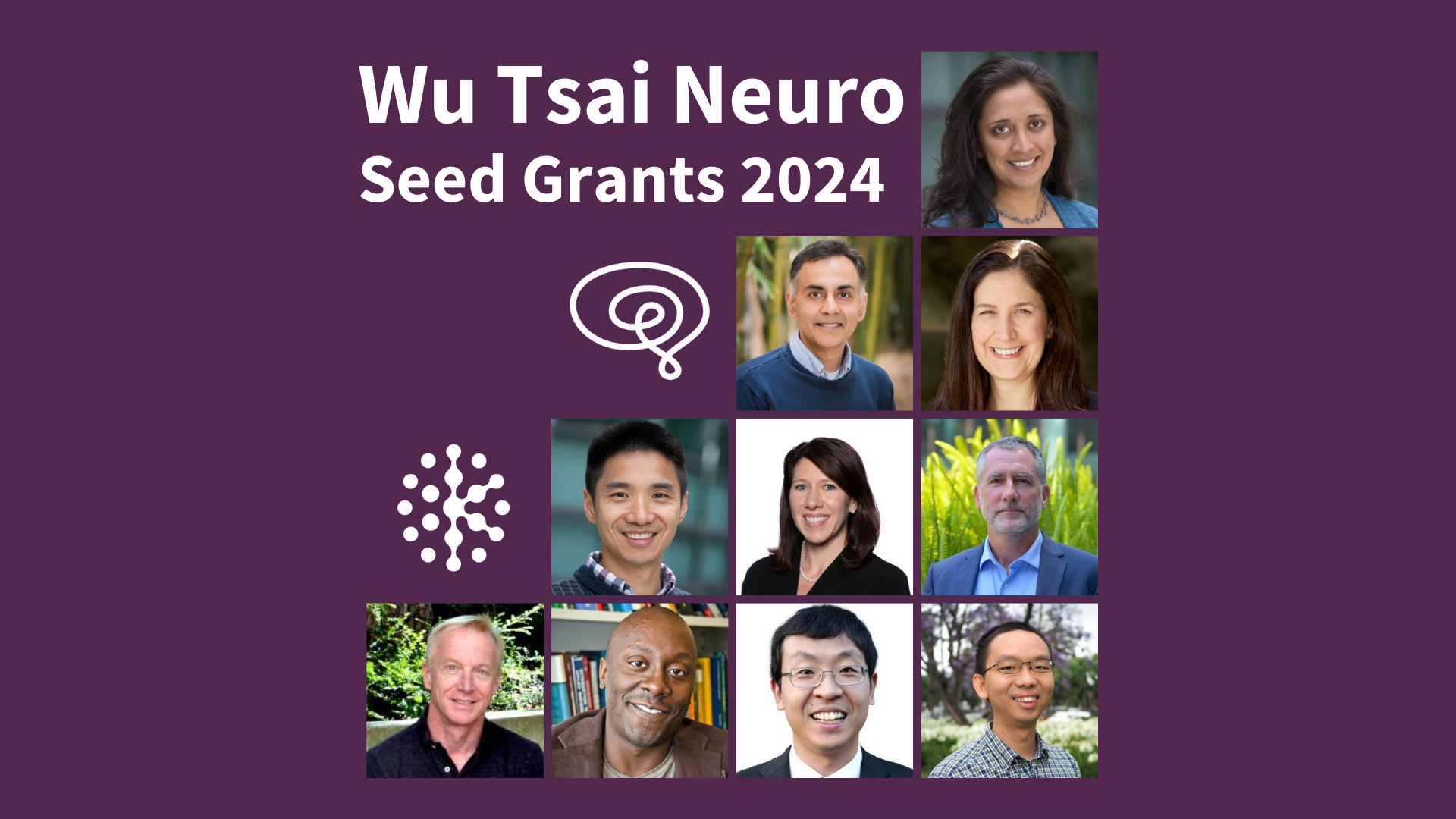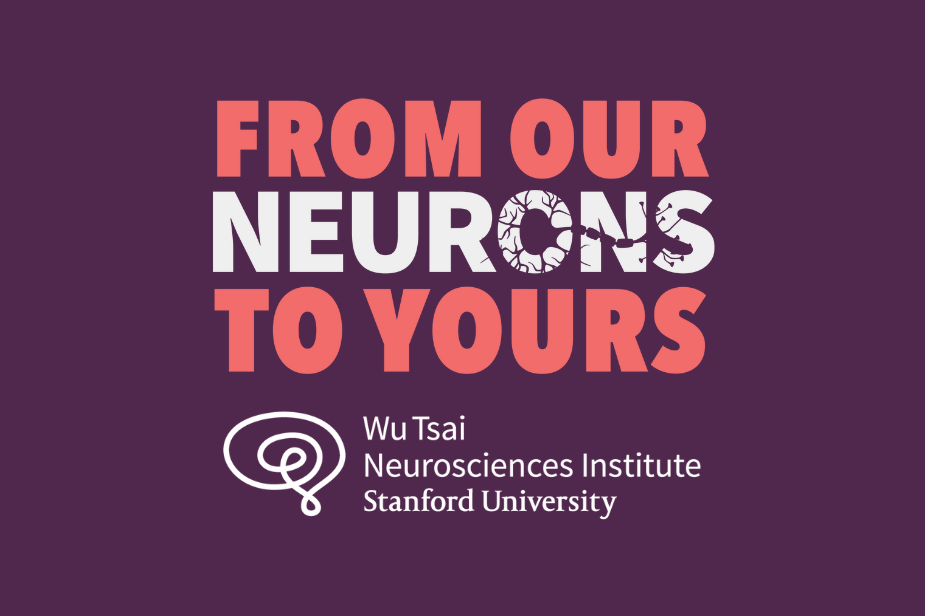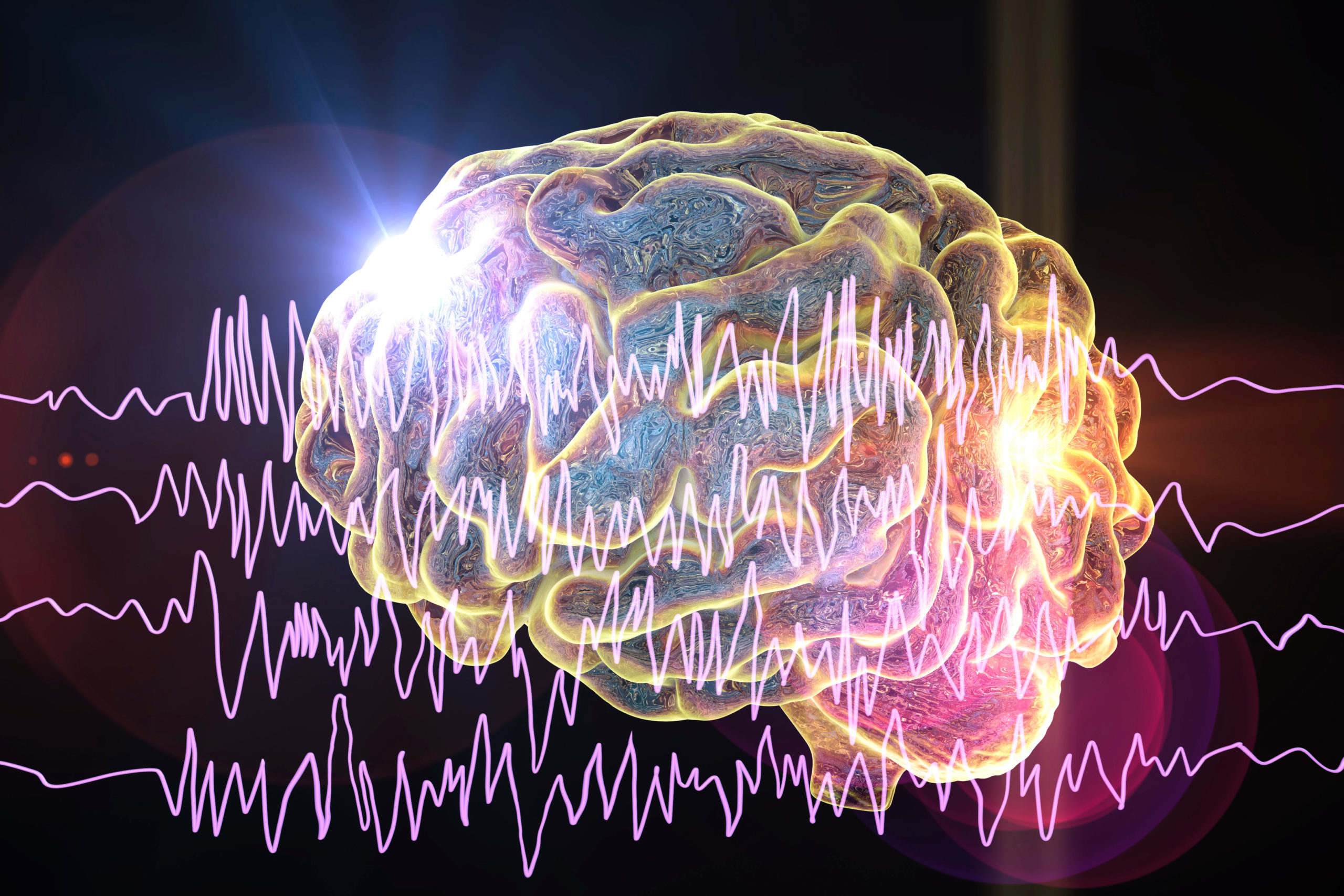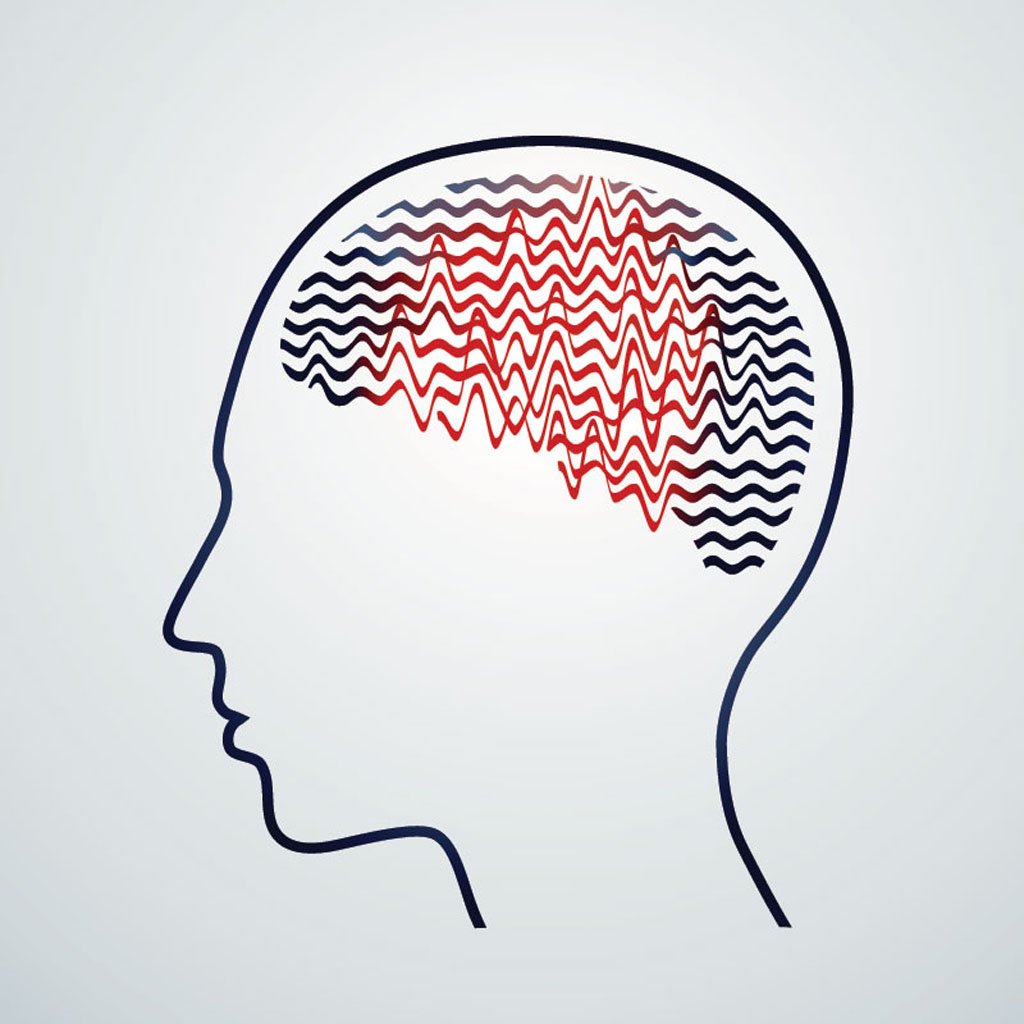Stanford Comprehensive Epilepsy Program News and Events
Events
Stanford Living with Epilepsy Community Education Conference
Join us for this free educational event for patients and families featuring physicians, clinicians, and community members.
Agenda
9:00 am Meet & Greet Light Breakfast
9:15 am Welcome & Introduction – Dr. Zahra Sadat-Hossieny
9:25 am Epilepsy 101 – Dr. Zachary Roberts
9:55 am Treatment Options – Dr. Zahra Sadat-Hossieny
10:25 am Surgical Options for Epilepsy – Dr. Vivek Buch
10:55 am Neurostimulation for Epilepsy – Dr. Robert Fisher
11:15 am Break
11:25 am Cognition and Mood – Dr. Niyatee Samudra
11:55 am Driving, California Department of Motor Vehicles – DMV
12:30 pm Epilepsy Foundation of Northern California – Tony Zucker
12:45 pm Closing Comments
12:50 pm Adjourn & Network
* Agenda and speakers subject to change
News
- Wu Tsai Neurosciences Institute
Neurosciences seed grants fuel research in childhood epilepsy, eating
Wu Tsai Neuro's fifth round of seed grants spark innovative collaborations advancing our knowledge of the mind and brain across the lifespan. Three Stanford Neurology & Neurological Sciences faculty are among recipients.
- American Epilepsy Society
Brenda E. Porter, MD, PhD, FAES, Receives 2023 J. Kiffin Penry Award for Excellence in Epilepsy Care
Brenda E. Porter, MD, PhD, FAES, was awarded the J. Kiffin Penry Award for Excellence in Epilepsy Care during the 2023 Annual Meeting of the American Epilepsy Society (AES). The J. Kiffin Penry Award for Excellence in Epilepsy Care honors Dr. Penry’s lifelong focus on and genuine concern for people with epilepsy. It recognizes individuals whose work has had a major impact on patient care and has improved the quality of life for persons with epilepsy. Congratulations, Dr. Porter!
- Wu Tsai Neurosciences Institute
An electrical storm in the brain
Dr. Fiona Baumer joins host Nicholas Weiler in a podcast from the Wu Tsai Neurosciences Institute at Stanford University as they dive into the misunderstood and often stigmatized world of epilepsy.
- McKnight Foundation
McKnight Awards $1.2 Million For Study of Brain Disorders
Congratulations to Juliet Knowles, MD, PhD, Assistant Professor of Neurology, for receiving The McKnight Endowment Fund for Neuroscience 2023 Neurobiology of Brain Disorders Award for her work "Neuron-to-OPC synapses in adaptive and maladaptive myelination".
- PubMed
Multisite thalamic recordings to characterize seizure propagation in the human brain
In the first of its kind, a group of investigators at Stanford Healthcare mapped the pathways for seizure propagation through the brain’s switchboard (thalamus) in patients with presumed refractory temporal lobe epilepsy by recording simultaneously from multiple sites within this structure. Their findings - now published by Teresa Wu and colleagues in Brain – reveals a novel and surprising finding: In more than half of the patients, seizures do not spread the way we thought they did! They concluded that personalized targeting of the thalamus for neuromodulation in each patient may lead to better treatment outcomes in these patients.
- American Epilepsy Society
American Epilepsy Society Junior Investigator Award
Congratulations, Yi Li, MD, PhD, for receiving an American Epilepsy Society Junior Investigator Award for her work titled "Genetic impact of women with epilepsy on their children’s cognitive outcome".
- Scope
Where in the brain is my sense of self?
Stanford Medicine researcher Josef Parvizi explores the neural origins of where one's sense of self lives in the brain.
- Neurology Today
During Pregnancy and Postpartum, Women with Epilepsy Have Higher Rates of Depression
A Neurology study found that psychiatric symptoms occur at higher rates during pregnancy and postpartum in women with epilepsy. Experts recommend that neurologists conduct routine assessments and treatment when the symptoms occur during pregnancy and the postpartum period.
- Stanford Medicine News Center
Worse anxiety, depression symptoms in pregnant women with epilepsy
Stanford-led study gives new insight into how epilepsy, pregnancy and symptoms of mood disorders interact.
- STAT
The brain ‘learns’ to have seizures more efficiently and frequently over time, mouse study shows
Drs. Juliet Knowles, John Huguenard and Michelle Monje led studies which demonstrated that activity-dependent myelin plasticity, which occurs in the setting of seizures, can promote further seizure progression. This is the first demonstration of maladaptive myelination: activity-dependent myelination that promotes a disease process.
- Neurology Today
Breastfeeding Is Safe for Children of Women with Epilepsy on Antiseizure Medication
In an ongoing multicenter NIH study of pregnancy outcomes in women with epilepsy, Dr. Meador and colleagues found that breastfeeding while taking antiseizure medications did not have any adverse effects on the child’s cognitive function at age 3 years old. This may be in part because the concentrations of antiseizure medications are much lower in these child than their mothers. Given the multiple known benefits of breastfeeding to the mother and child, Dr. Meador encourages women with epilepsy to breastfeed.
- Stanford Scope
Small molecule lends big hope for brutal seizure disorder
Dravet's syndrome is a severe epilepsy of childhood with difficult to treat seizures, cognitive abnormalities and premature death. Professor David Prince, Feng Gu and colleagues in Neurology and Neurological Sciences showed that they can limit seizures and death in a mouse model of Dravet's using a small molecule that corrects a basic abnormality in brain nerve cells. Results may have significant translational impact.
- Healthier, Happy Lives Blog
Living a Whole Life With Half a Brain - Stanford Medicine Children’s Health Blog
Complex brain surgery performed at Lucile Packard Children's Hospital Stanford cures severe epilepsy in a 7-year-old boy.
- Consumer Health News | HealthDay
Reassuring News for Women Taking Epilepsy Meds While Pregnant
Toddlers whose mothers took certain epilepsy drugs during pregnancy are unlikely to have development delays, according to a new study led by Kimford Meador, professor of neurology and neurological sciences.
- Child Neurology Foundation
Pediatric Epilepsy Research Foundation Elterman Research Grant
Congratulations to Juliet Knowles, MD, PhD, Instructor of Neurology & Neurological Sciences, the 2020 PERF Elterman Research Grant Recipient for her project "Targeting Aberrant Activity-Dependent Myelination in Absence Epilepsy".
- Stanford Medicine News Center
Researchers pinpoint brain circuitry underlying dissociative experiences
Stanford scientists identified brain circuitry that plays a role in the mysterious experience called dissociation, in which people can feel disconnected from their bodies and reality.
- Neurology Today
Epileptic High-Frequency Oscillations Disrupt Cognition in Human Brain
A new study demonstrates that there are normal physiological responses to cognitive stimuli in non-lesional epileptic tissue unless there is ongoing spontaneous high-frequency oscillation. Josef Parvizi, MD, PhD, professor of neurology and neurological sciences, is quoted in this article.
- Forbes
Digital Health Trial Uses AI For Better Epilepsy Treatment Decisions
More than 65 million people around the world are affected by epilepsy. Choosing from over 14,000 different treatment scenarios to decide which drugs might be best for a child or a loved one can be daunting. Robert Fisher, MD, PhD, professor of neurology and neurological sciences at the Stanford University School of Medicine and director of the Stanford Epilepsy Center is the principal investigator of the AI epilepsy trial. The new trial’s goal is to help determine the precision of epilepsy treatment options incorporating many “real world” variables.
- Healthier, Happy Lives Blog
ROSA(tm) and Minimally Invasive Brain Surgery May Cure Epilepsy
Gerald Grant, MD, Neurosurgery Division Chief, and pediatric epilepsy neurologists with the Packard Children’s Pediatric Epilepsy Center, gives kids with uncontrolled epileptic seizures a powerful option to explore when medications are not working by using the ROSA robot. Lucile Packard Children’s Hospital is the first hospital in Northern California to have ROSA.
- Stanford News Center
Study shows why even well-controlled epilepsy can disrupt thinking
Transient bursts of high-frequency electrical activity in epileptic brain tissue can impair cognition even when no seizure is occurring, Stanford scientists have found.










